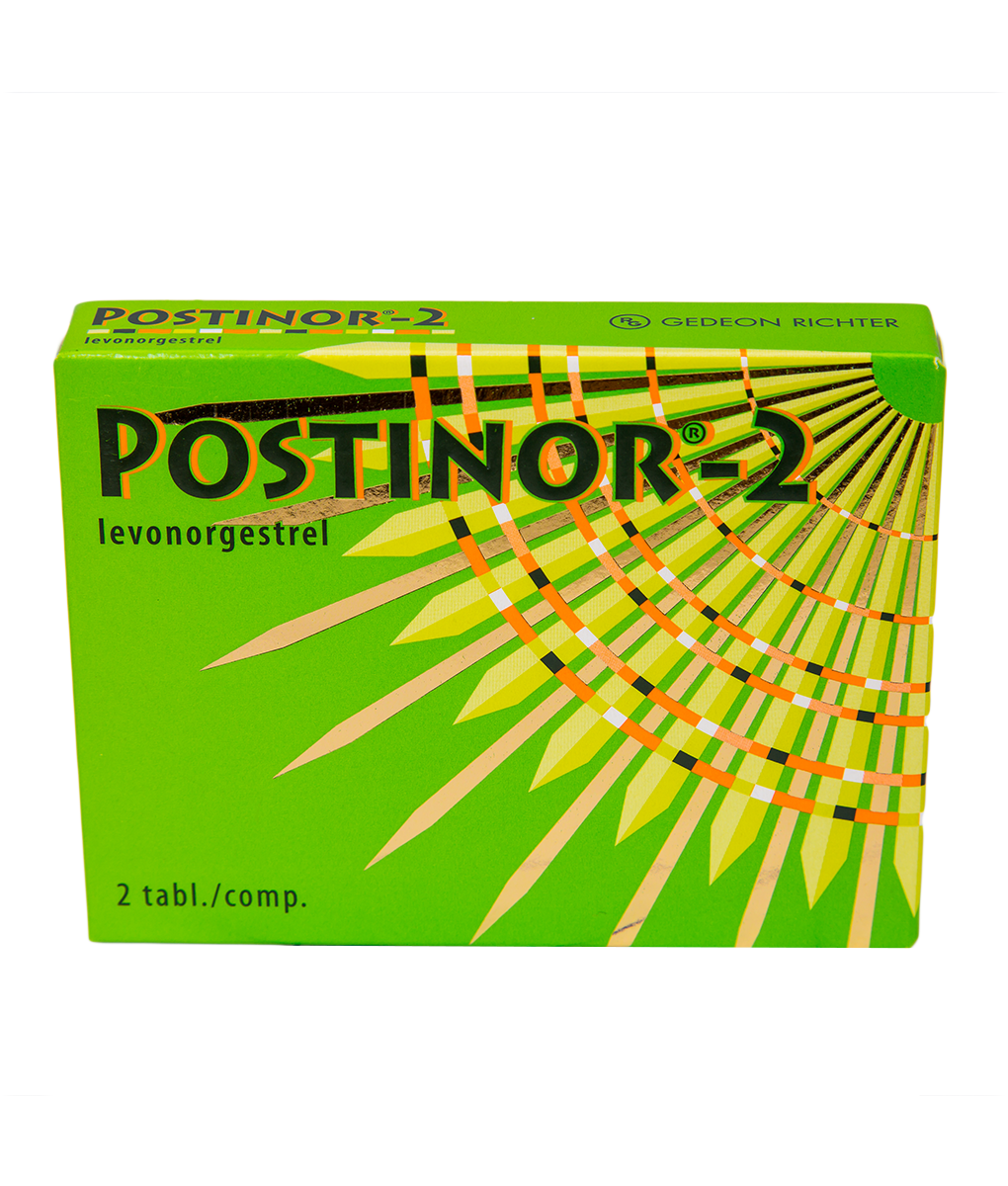When you traverse through the many campus corridors, whether in the dustbins or any open place, you will be welcomed by colorful packets written POSTINOR 2; commonly known as ‘morning-after pill.’
P2 is quite popular in Kenya, and more so university complexes because of its affordability. Going for only Ksh100 to 150 in most pharmacy outlets in Kenya, Levonorgestrel or otherwise known as Postinor-2 or further as P2, is an emergency contraceptive pill taken by women after sex to prevent pregnancy. There are other versions of the brand available in the market including ECEE 2, EMCON, TRUSTON 2 and LEVO-72.
However, in Kenyan universities, this is not a brand of the most delicious meals around the campus but a medication for prevention of unwanted pregnancies. University students favorite past time? Sex. According to a recent statistics from the National AIDS Control Council, (NACC) Kenya has been ranked third in the highest new HIV infections among young people in the East and Central African region. It also has the second highest population of young people living with HIV/Aids. There are 238,987 young people between the ages of 15 to 24 years living with HIV. Therefore make that unprotected sex.
But why such increasing cases over the widespread use of this Pill? We met this lady at Moi University who wishes to remain anonymous, who has used P2 twice. She describes its usage as being in high rate within and outside the campus vicinity. She adds that most of the ladies are introduced to such drugs unknowingly by their boyfriends who lure them to unprotected sex to sustain their relationships and to avoid breakups. In other scenarios, unconfirmed sources claimed that some campus hawkers posing as Ngumu sellers have been selling such contraceptives to students. Of course, at exorbitant prices.
The Standard Media House reports that P2, is pharmaceutically a progesterone; a group of contraceptives whose main contraceptive effect is via an action on cervical mucus, which renders it impenetrable to sperms. It also prevents ovulation. The drugs are most effective when taken as soon as possible (within 24 hours after sex) with a success rate of 95% or 45% when taken within 48 hours.
While some claim that the drug can work even past 120 hours, one has to be careful and weigh the risks whether they really want to be part of that statistic of whether it was successful or not.
According to a physician we spoke to on the impact of the P2 pills, she shockingly reveals that if taken in the middle of the menstrual cycle, it may prevent ovulation, it can cause heavier or lighter than normal menstrual cycle, cause nausea and vomiting and following tablet ingestion it can cause bleeding problems for some days. More so, it can cause breast tenderness and fatigue and insists that it can alter one’s period cycle. If the pill must be used, the physician advises that it should be used within 72 hours but most it is most effective when taken within 24 hours after coitus.
This trend seems to be a game changer for male students in campuses who are no longer walking around with condoms in their pockets but instead walk with the Postinor 2.
On keen observation of the enclosed instructions in the P2 packet, it is indicated that they should be kept for future reference, but the laughable question is; where on earth do you keep medical instructions for future reference? This certainly remains a challenge to the health dockets in universities to create awareness campaigns to the students’ fraternity.
P2 is an emergency pill and having sex carelessly does not necessarily contribute to ’emergency’ situations. While it is a subject spoken only in hushed tones because of the stigma associated with it, we have to be very careful that as we raise an empowered generation, we are not raising a careless one, simulataneously.
Condoms are so yesterday. P2s are the new trend in town.
Je , una yako?












1 comment